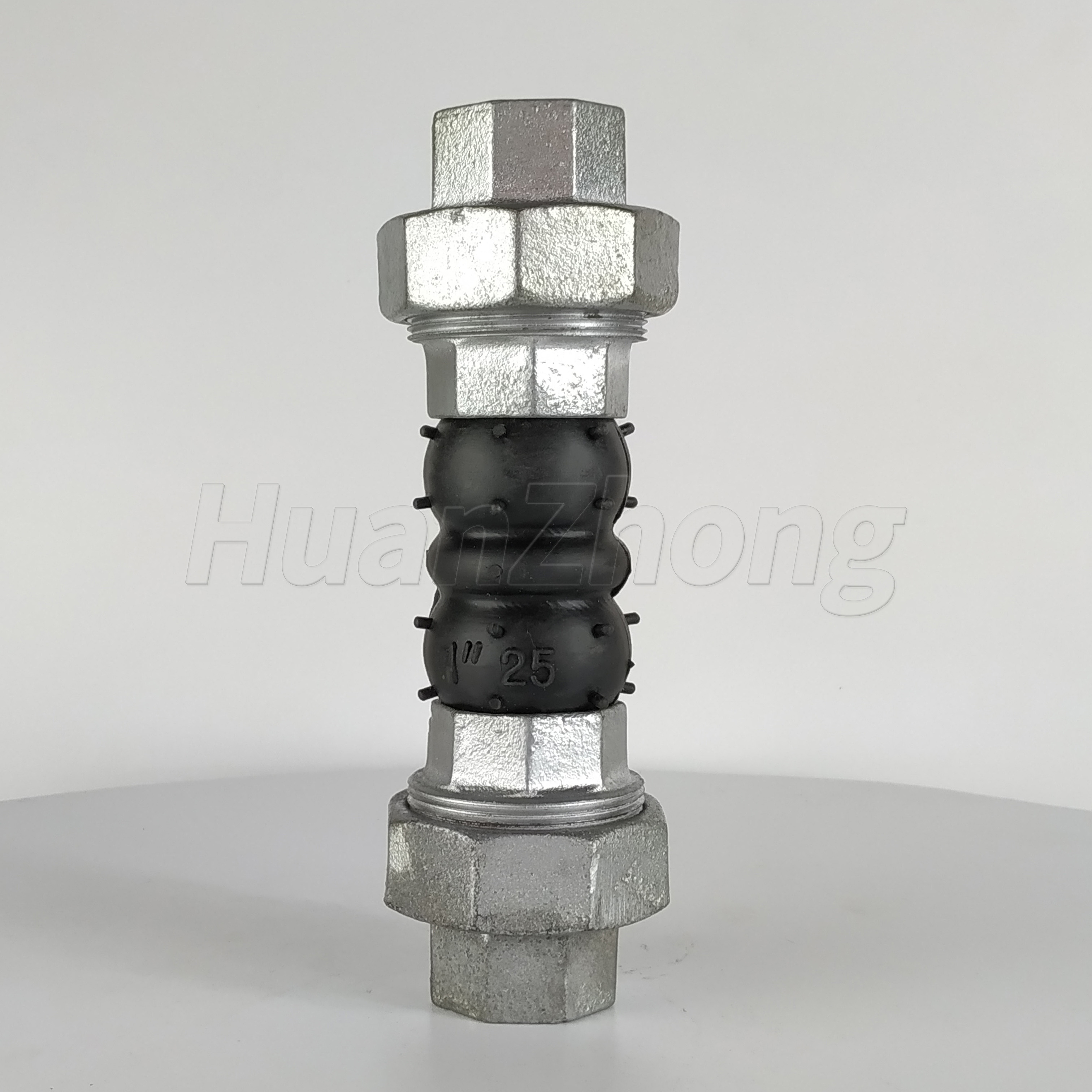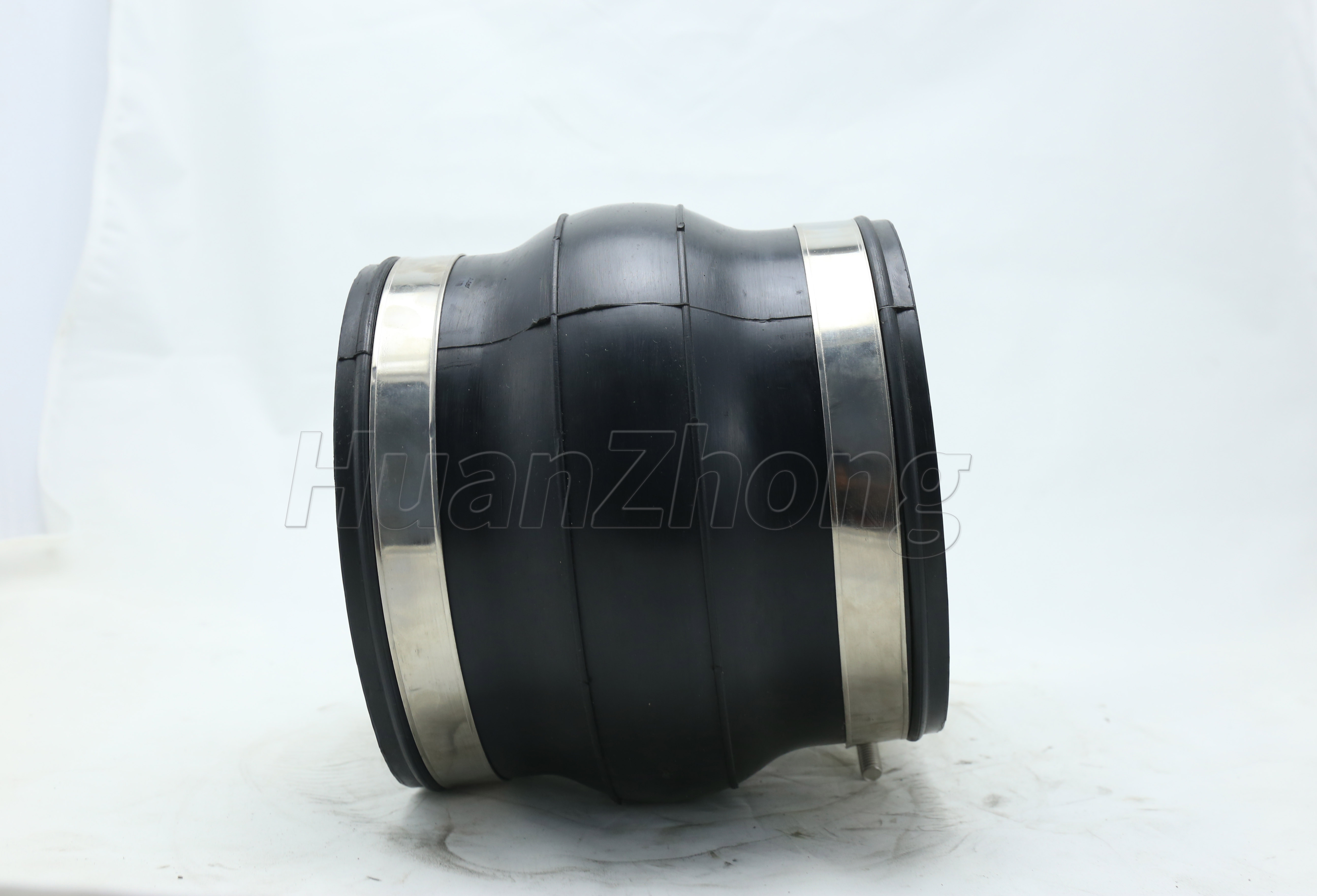The rubber flexible connection can be divided into various specifications according to different env
Butyl rubber has excellent heat and acid and alkali resistance, especially suitable for temperatures between 250℃~260℃. It can also be used to make high temperature resistant seals and sealing strips. It is often used as shock absorbing and insulating materials for automobiles and mechanical equipment, and can also be used as raw materials for the pharmaceutical and food industries. The disadvantage is that the abrasion resistance is not as good as butyl asphalt high temperature rubber. Widely used in chemical, light textile, metallurgy, building materials and other industries.
Butyl rubber is a non-toxic and tasteless material. When used at high temperatures, its strength can reach 1500 MPa. Among other materials, it has very good weather resistance and wear resistance. At low temperatures, it also exhibits excellent weather and chemical resistance. At temperatures above 200°C, its heat resistance decreases and cracks at 100°C. When the temperature is higher than 250°C, it does not crack even at -160°C.
It can be divided into various specifications depending on the environment. The basic models of rubber soft connection are flange, thread, clamp clamp, etc. Different models of rubber materials have different performance and better overall performance, which are characterized by acid and alkali resistance, good heat resistance, good elasticity, good aging resistance, ability to withstand pressure, and good oil and solvent resistance, and are widely used in chemical equipment to transport liquid raw materials and gases, especially for occasions with corrosive media.

